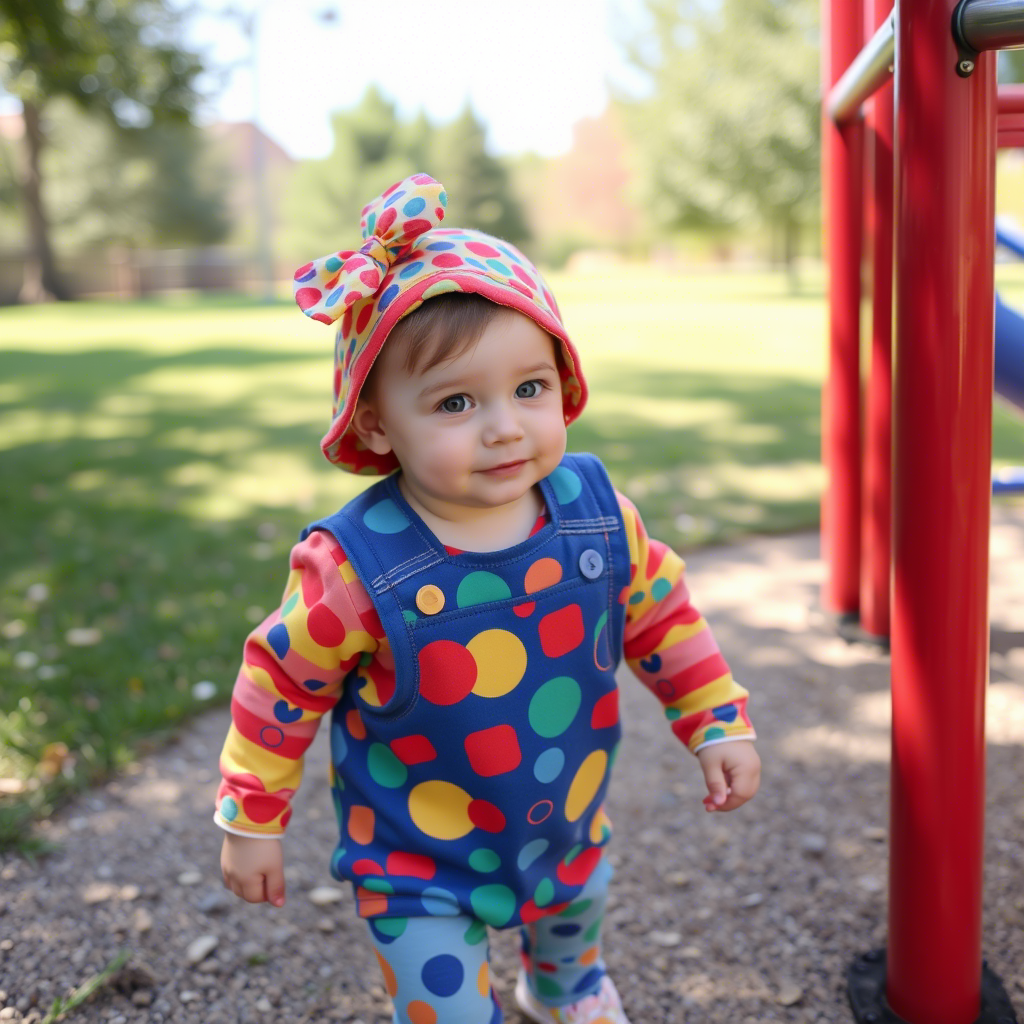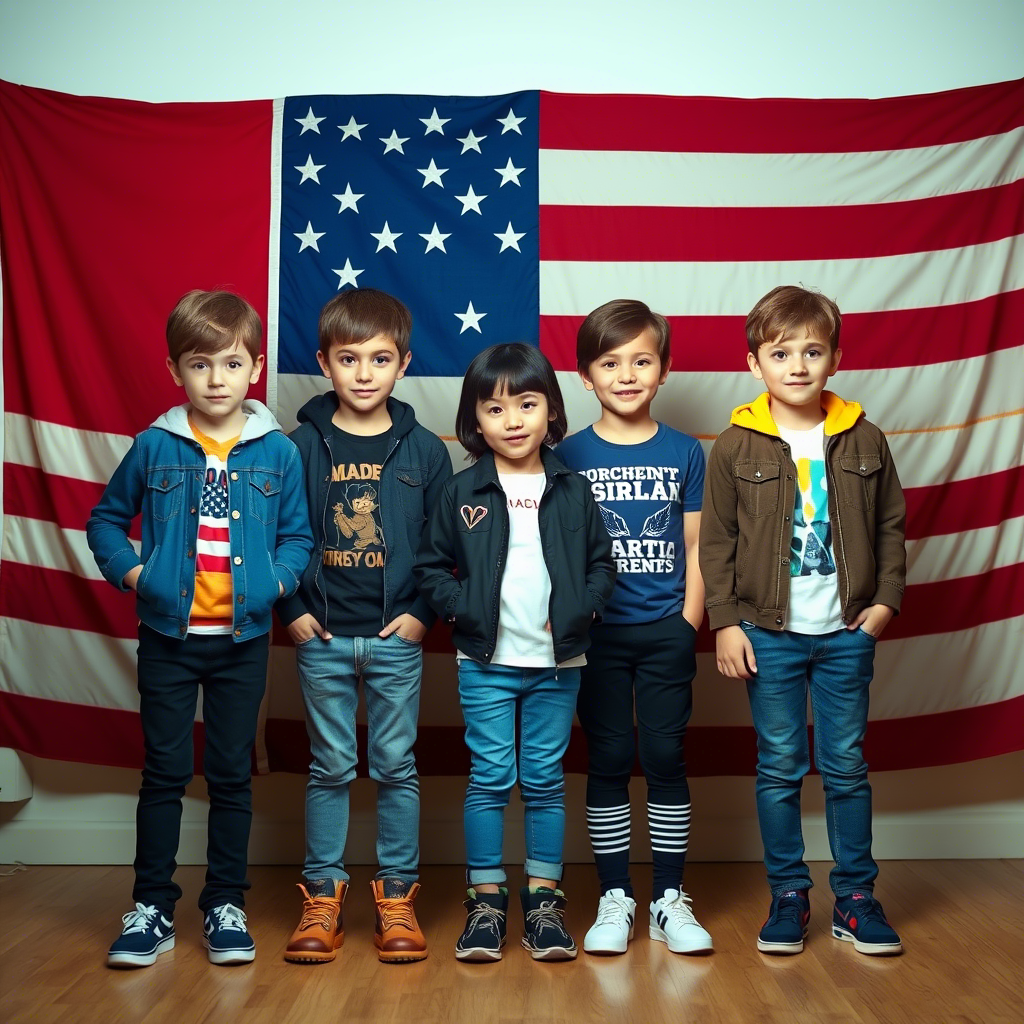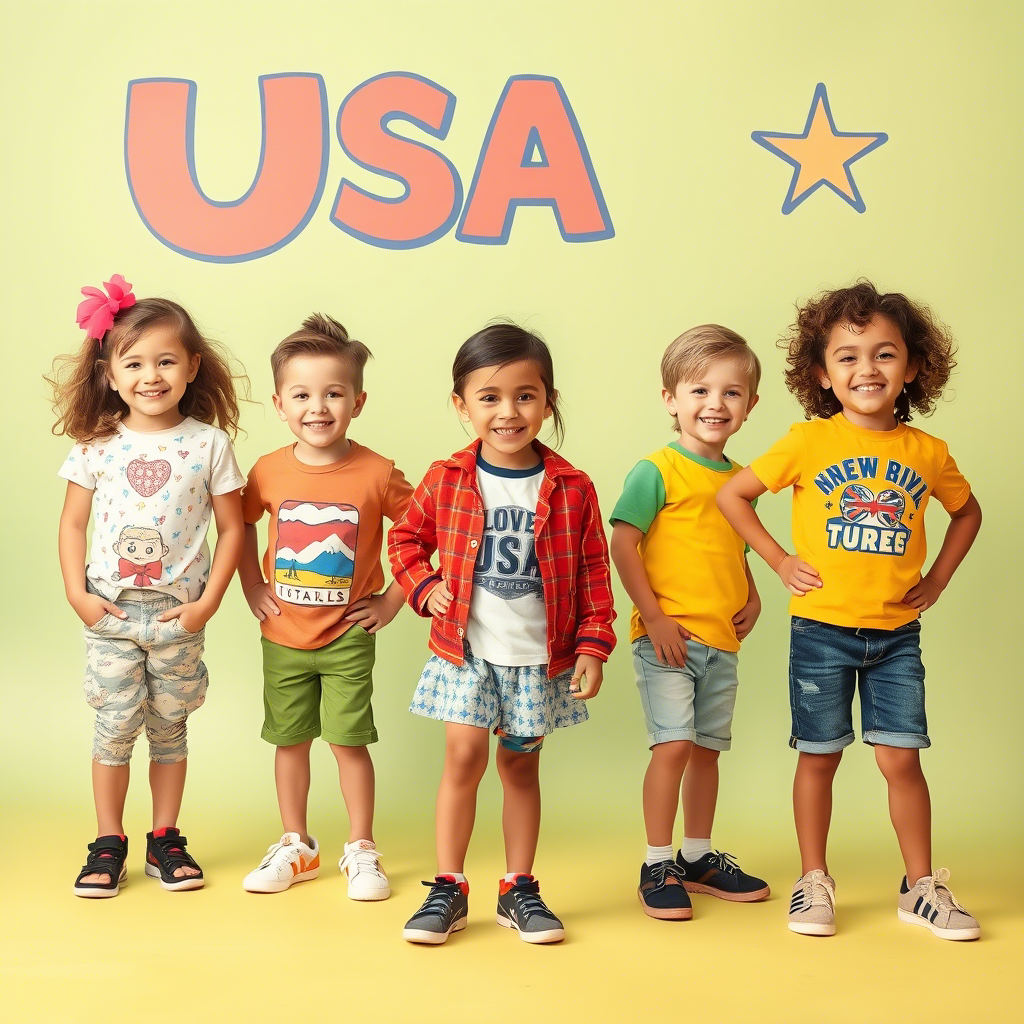Toddler Clothing Manufacturers in USA for Kids Wear
Category: garmentsThe Evolution and Significance of Kids’ Fashion in the USA
The world of children’s clothing has undergone a significant transformation over the years, reflecting broader societal changes, cultural shifts, and evolving parental priorities. In the USA, kids’ fashion has not only become a substantial market but also a reflection of the country’s diverse culture and values. This article explores the current landscape of kids’ fashion in the USA, highlighting key trends, influences, and the future of the industry.
Historical Context and Current Trends
The history of kids’ fashion in the USA is marked by a gradual shift from practicality to a more fashion-conscious approach. Historically, children’s clothing was primarily functional. However, with the rise of consumer culture and the influence of media, kids’ fashion has evolved to incorporate a wide range of styles and trends.
 The current trend in kids’ fashion leans towards comfort and sustainability, with parents increasingly opting for clothing that is not only stylish but also environmentally friendly. Brands are responding by incorporating eco-friendly materials and production methods into their lines.
The current trend in kids’ fashion leans towards comfort and sustainability, with parents increasingly opting for clothing that is not only stylish but also environmentally friendly. Brands are responding by incorporating eco-friendly materials and production methods into their lines.
- Sustainability: There’s a growing demand for sustainable kids’ clothing, driven by parents’ awareness of environmental issues.
- Comfort: Comfortable clothing that allows for ease of movement is a top priority for both parents and children.
- Diversity and Inclusivity: The industry is moving towards greater inclusivity, with brands offering a wider range of sizes and styles to cater to diverse needs.
Influences on Kids’ Fashion
Several factors influence kids’ fashion in the USA, from cultural and social media influences to economic factors.
Cultural Influences
Cultural diversity plays a significant role in shaping kids’ fashion. The USA, being a melting pot of cultures, sees a wide variety of traditional and contemporary clothing styles among its children.
 The influence of cultural heritage on kids’ clothing choices is evident in the popularity of clothing that reflects American culture, as well as in the demand for clothing that represents children’s diverse backgrounds.
The influence of cultural heritage on kids’ clothing choices is evident in the popularity of clothing that reflects American culture, as well as in the demand for clothing that represents children’s diverse backgrounds.
- Cultural Expression: Clothing is a means of cultural expression and identity for many children.
- Traditional Wear: Traditional clothing continues to be worn on special occasions, reflecting the rich cultural tapestry of the USA.
Social Media and Celebrity Influences
Social media platforms and celebrities significantly impact kids’ fashion, with many young influencers and celebrity kids setting trends.
- Influencer Marketing: Social media influencers, including those focused on parenting and family content, play a crucial role in promoting kids’ fashion trends.
- Celebrity Kids: The fashion choices of celebrity kids often become trends among the general public.
The Role of Brands and Manufacturers
The kids’ fashion market is served by a wide range of brands and manufacturers, from high-end designers to affordable, mass-market retailers. For those looking for quality and variety, Lezon Kids is a notable brand offering a diverse range of kids’ clothing. Their collection includes everything from casual wear to more formal attire, catering to different tastes and preferences. You can explore their latest offerings at Lezon Kids Products.
 Brands are also focusing on creating clothing lines that are not just stylish but also safe and comfortable for children.
Brands are also focusing on creating clothing lines that are not just stylish but also safe and comfortable for children.
- Quality and Safety: Ensuring the quality and safety of children’s clothing is paramount.
- Innovation: Brands are innovating with new materials and designs that meet the evolving needs of parents and children.
Challenges and Opportunities
The kids’ fashion industry faces several challenges, including the need to balance style with sustainability and the pressure to keep up with rapidly changing trends. However, these challenges also present opportunities for innovation and growth.
- Sustainability Challenges: The industry must continue to find ways to reduce its environmental footprint.
- Adapting to Trends: Brands that can adapt quickly to changing trends and consumer preferences are likely to thrive.
Future Outlook
The future of kids’ fashion in the USA looks promising, with a continued focus on sustainability, comfort, and diversity. As consumers become more aware of the environmental and social impact of their purchasing decisions, the demand for responsible and ethical kids’ clothing is expected to grow.
Conclusion
The kids’ fashion industry in the USA is a vibrant and evolving market, influenced by a mix of cultural, social, and economic factors. As the industry continues to grow and adapt to changing consumer preferences, the focus on sustainability, comfort, and inclusivity is likely to remain at the forefront. For parents and brands alike, the key to success lies in balancing style with responsibility and catering to the diverse needs of children across the country. By understanding these trends and influences, stakeholders can better navigate the complex landscape of kids’ fashion in the USA.